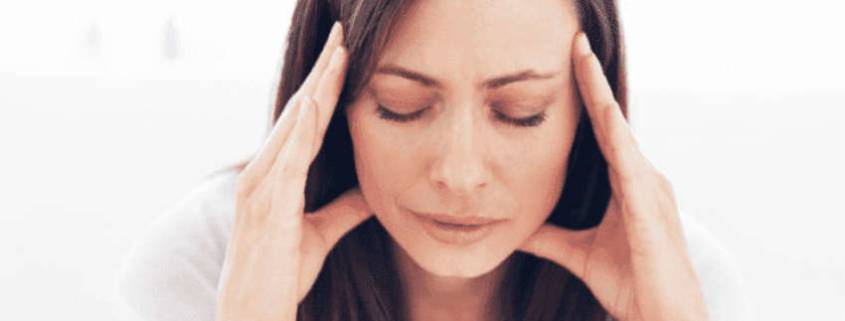The impact of poor posture on Women's Health
In Women’s Month, instead of focusing exclusively on the accomplishments of women, its equally important to focus on the health of a women. In this modern and fast-paced world of ours, poor posture is having a major impact on Women’s health.
‘Osteopathy is based on the perfection of Nature’s work. When all parts of the human body are in line we have health. When they are not the effect is disease.”
Dr Andrew Taylor Still —Osteopathy Research and Practice
The effects of stress on women’s physical and emotional health can range from headaches to insomnia and especially to back pain. Poor posture can have a serious negative impact on a woman’s health in ways that are seldom realised or even acknowledged. Added to this is the additional stressor about excessive reliance on medication taken to manage chronic pain without giving any thought to the long-term consequences and possible addictive behavior that results.
In some ways, multi-tasking has become a badge of honour, where women are so busy trying to manage children, work and the home simultaneously that they remain unaware of something as concrete and mundane, as posture. Seldom are people aware that they are stiff or stooped over when they get out of a chair or out of the car, or shoulders slumping when they sit, walk or stand?
Aside from the muscular imbalances improper posture can result in chronic pain around the body, (headaches, neck and back pain, shoulder tension, fibromyalgia and sports injuries).
Forward head posture, hunched posture with high rounded shoulders and tight pectoral muscles are signs of poor posture. This may be caused by excessive time spent nursing a child, teaching and playing with small children, sitting at a computer which can lead to a tightening and shortening of the muscles and fascia in the front of the shoulders (pectorals), around the front ribs (serratus anterior and intercostals), the abdomen and a lengthening and weakening of the back muscles.
From a biomechanical point of view women may sometimes be predisposed to having increased pain in the thoracolumbar spine and chest pain because of poor postural habits.
A contentious yet well-researched issue for women is the added weight which the bosom can cause an individual when they lean forward and subject the spinal joints and posterior spinal and upper back muscles to an additional load. This additional weight can cause severe pain, making it difficult to maintain good posture, which in some cases can lead to spinal deformity.
Being self-conscious can make some women hunch forward in an attempt to hide their chest, which can worsen existing back pain. Something as innocuous as a forward head carriage may increase the workload through the neck, spine and upper back muscles to hold the increased weight of the head against gravity. Over time, this causes stiffness in joints and strain throughout the spine and neck and back muscles, resulting in pain. This does not include the additional weight of the body frame.
When women have poor posture, their bodies have to work harder to keep themselves upright, which can end up leading to fatigue and negatively impact the ability to sleep as well as the quality of sleep. This places more demands on the nervous system and reduces your tolerance to stress therefore having a direct impact on the state of mind, emotions and mood.
Normal movement of the spinal joints in the upper and lower back are important for the optimal functioning of the autonomic nervous system. Proper Autonomic function gives us clear thought, restorative sleep, movement through the digestive tract, normal fertility, control over pain and inflammation, and recovery from physical and emotional injuries and trauma.
It seems too simple to re-state but the more you slouch forward, the harder your system has to work, and the more you expend and require additional energy.
If you don’t improve your posture, changes which occur because of poor posture can end up being permanently debilitating.
Good posture helps both women and men feel less fatigued and have more positive emotions. When you consider all the information that travels between the brain and the body through the spine, it makes sense that maintaining the health of your spine is vital.
Don’t let pain impact on your daily life before seeking professional osteopathic help. An osteopathic approach uses hands on treatment (myofascial release, cranial osteopathy, massage, articulation, subtle joint release) coupled with clinical diagnostics to find the root cause of a woman’s pain.
Chronic pain can affect a person’s ability to productively participate in work, daily activities and enjoy exercise. Many cases of chronic pain are due to negative work, lifestyle, and environmental factors rather than a specific injury, which means they can be easily and safely managed with osteopathic healthcare to improve general health and wellbeing.
Osteopaths can help women make informed decisions about their health and support them with living active healthy lives.
View a list of common complains that Osteopathy can assist with
Discovery the benefits of Osteopathy
- What is Osteopathy?
- Adult health issues
- Babies and Children
- During and after pregnancy
- Common Complaints
- Testimonials
- Sports Injuries
- Genral Osteopathy FAQs
- The Science & Reasearch



